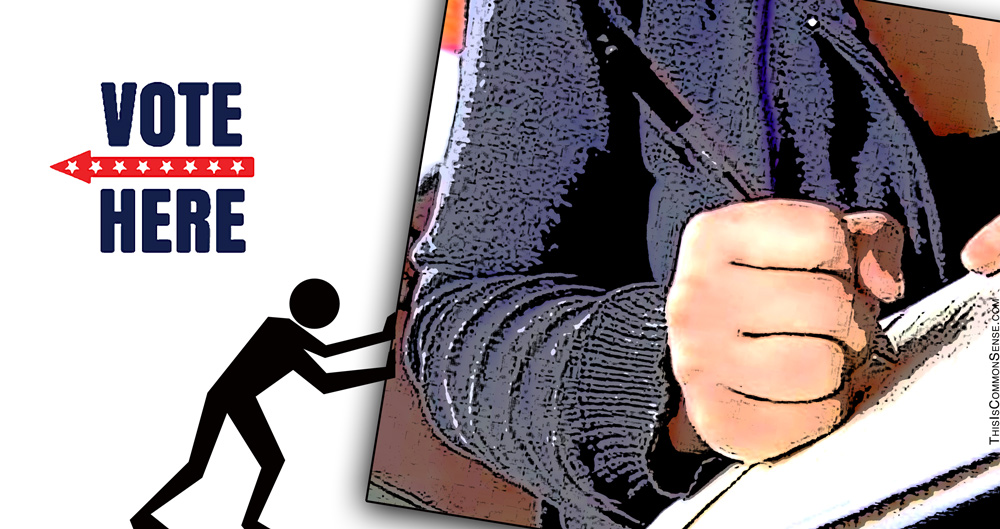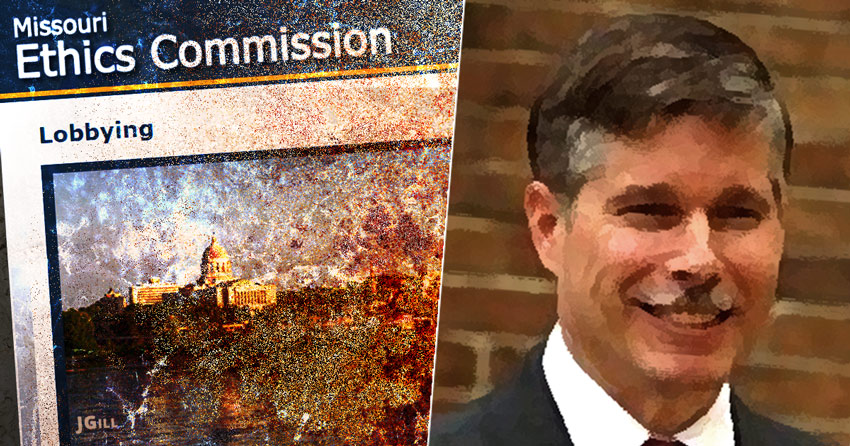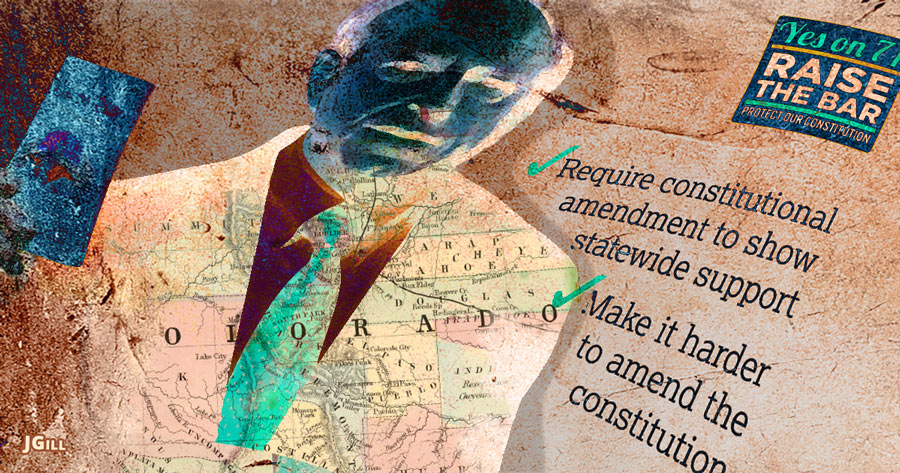“So, Walmart has no rights?!”
The frustration flowed from Yakima Mayor Janice Deccio to a 911 operator. Her compassionate heart bled profusely for the long-suffering stockholders and executives of one of the world’s richest companies.
“Hi, this is Mayor Deccio. I know that this isn’t an emergency call, but I need to talk to somebody,” she told the dispatcher. “There are far rightwing petitioners at Walmart and they are not leaving after Walmart has asked them repeatedly to do so. And the police have not taken them off the premises.”
But, as the voice at 911 explained to the distraught officeholder, Washington State law requires that commercial property must make a public accommodation for First Amendment activity such as petitioning.
The mayor’s thirst for a police solution to these “far rightwing” petitioners went unquenched.
“Obviously, the extreme left is freaked out by these initiatives,” offers Glen Morgan on his We the Governed podcast.
He’s referring to six conservative-oriented initiatives being promoted by Let’s Go Washington and petitioned onto Washington State’s 2024 ballot.
“Four of these initiatives reduce taxes,” Morgan points out. “One of them allows the police to actually chase violent criminals once again. And the other one confirms that parents have the right to know what strangers are doing to their kids at school or in unsupervised medical settings.”
Deccio now claims that mystery constituents told her the petitioners were aggressive and threatening … something she didn’t mention that on the call. The fact that her 911 plea has been made public might have something to do with her change of tune.
And don’t even mention ideology! “I don’t care,” she contends, “nor even know what they were petitioning about.”
The mayor added: “No one told the group they couldn’t petition, and it was certainly not my intention to stop them.”
No, of course not — she intended for the police to stop them.
This is Common Sense. I’m Paul Jacob.
Illustration created with PicFinder.ai
See all recent commentary
(simplified and organized)
See recent popular posts

















